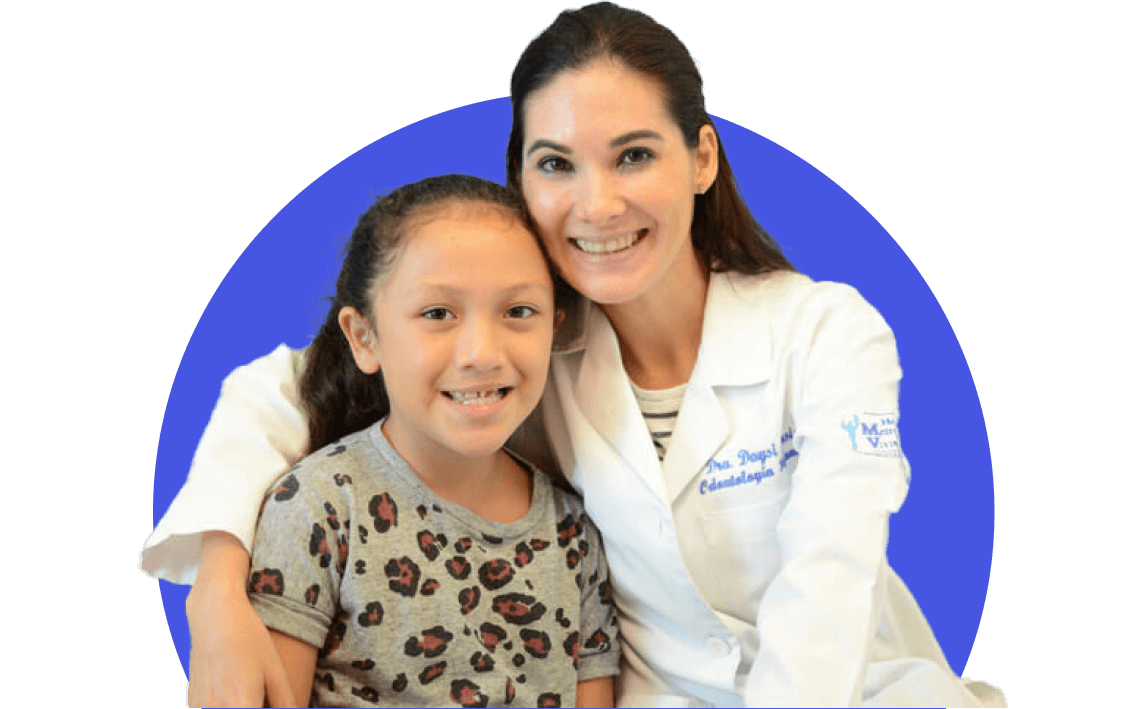- Cleft Home
- What is Cleft Lip and/or Palate?
- Prenatal Diagnosis
- Feeding Your Baby
- What is a Cleft Team?
- Surgery
- Hearing, Speech, and Dental Care
- Paying for Treatment
- Managing Feelings
- Craniofacial Conditions
- Toddlers and Preschoolers
- The School-Aged Years
- The Teenage Years
- Letter to a Teacher
- Information for Adults
- Support Organizations
- Learn More: Downloads
- Cleft Home
- What is Cleft Lip and/or Palate?
- Prenatal Diagnosis
- Feeding Your Baby
- What is a Cleft Team?
- Surgery
- Hearing, Speech, and Dental Care
- Paying for Treatment
- Managing Feelings
- Craniofacial Conditions
- Toddlers and Preschoolers
- The School-Aged Years
- The Teenage Years
- Letter to a Teacher
- Information for Adults
- Support Organizations
- Learn More: Downloads
When and how will my child’s teeth grow in?
Children born with clefts usually get all of their primary teeth by age two and a half. Some of those teeth may be rotated, misshapen, or located in unusual places, particularly those nearest the cleft. Children born with clefts may also be missing permanent teeth. The dental specialists on the team will discuss how these issues can be addressed, if necessary.
Children born with clefts can also have extra teeth. Extra teeth should never be removed without consulting the dental specialists on the cleft team. In fact, your family/pediatric dentist should communicate with the members of your team regarding any special dental concerns.
What care does my child need during toddlerhood and the preschool years?
Babies born with clefts should have their initial dental check-up when their first tooth emerges or by the end of the first year, even if no teeth have erupted. These checkups should take place twice a year or more often if there are problems that require attention. Your dentist will advise you when regular cleaning by a dental hygienist should begin.
Prevention and treatment of cavities is especially important in children born with clefts. Snacks should be healthy, such as carrots, apples, etc., not candy or gum. And no child should be given soda pop or powdered drinks, which can lead to unhealthy dietary habits and dental cavities. Be sure to discuss these issues with your pediatrician and dentist early in your child’s life.



